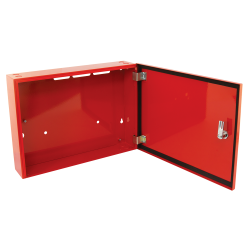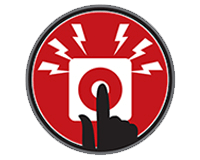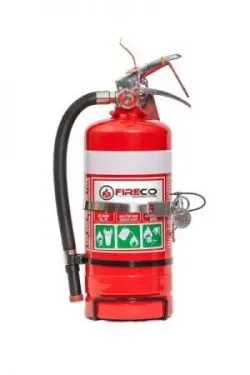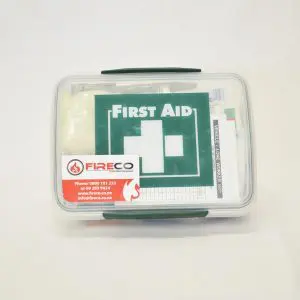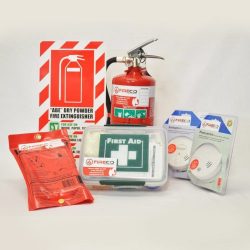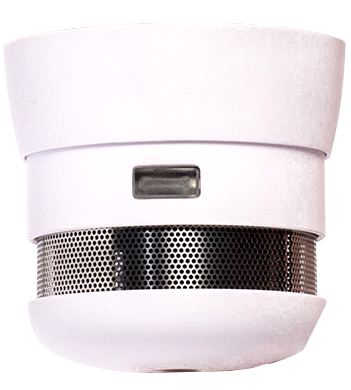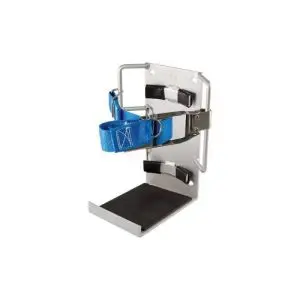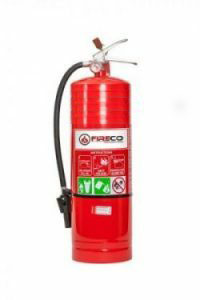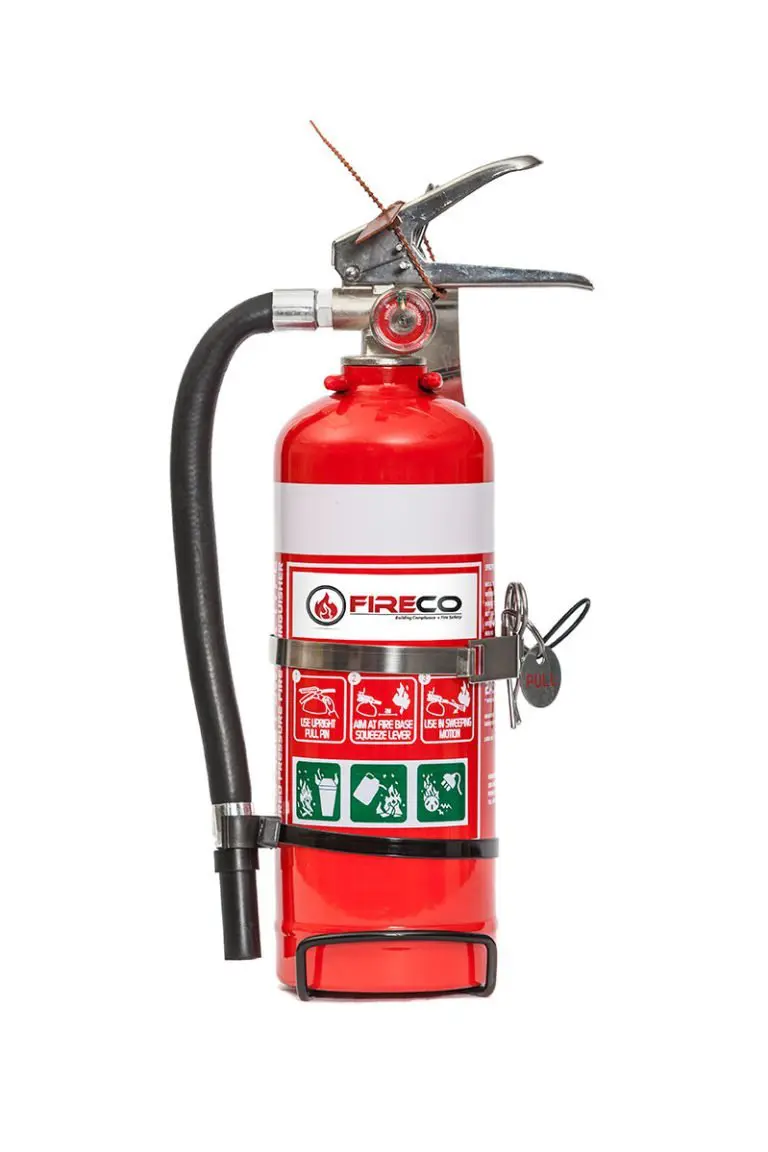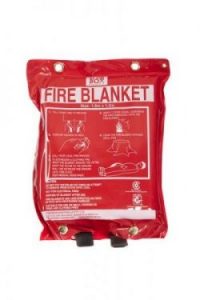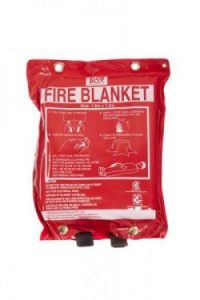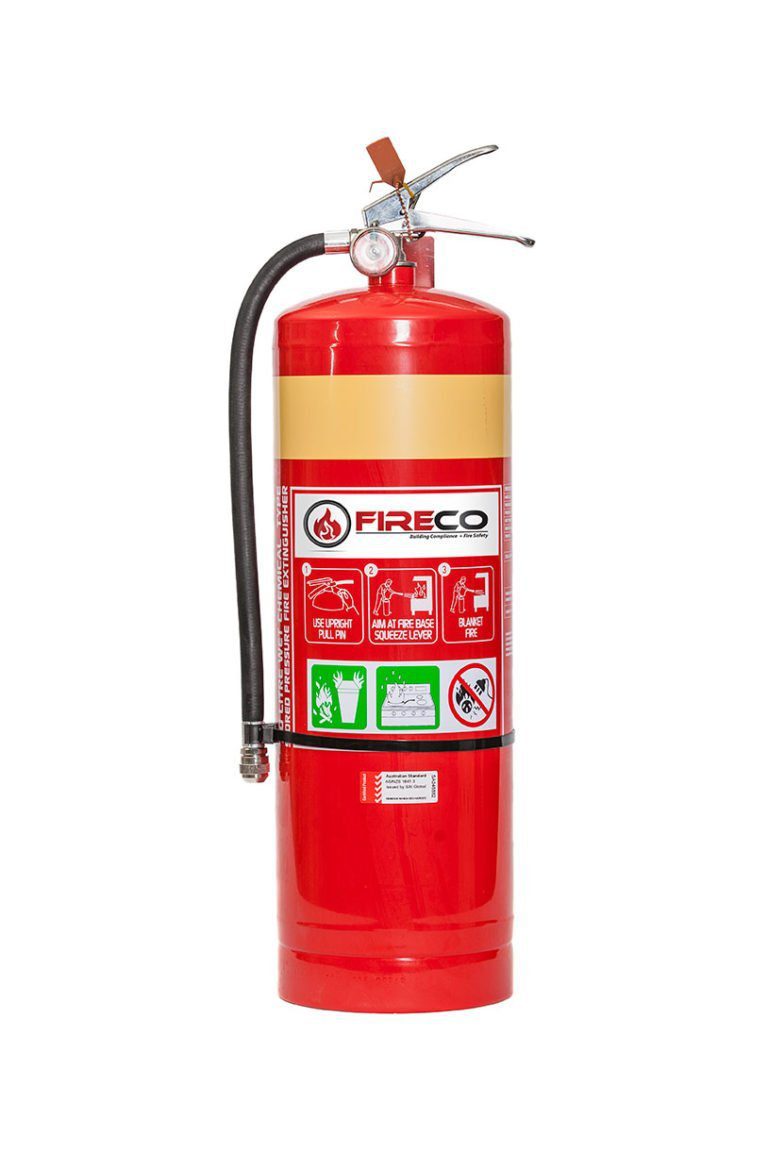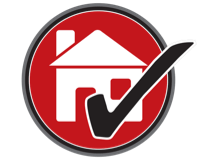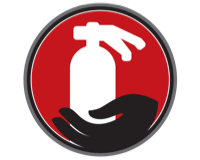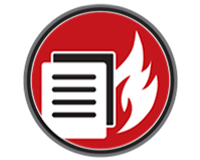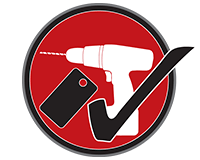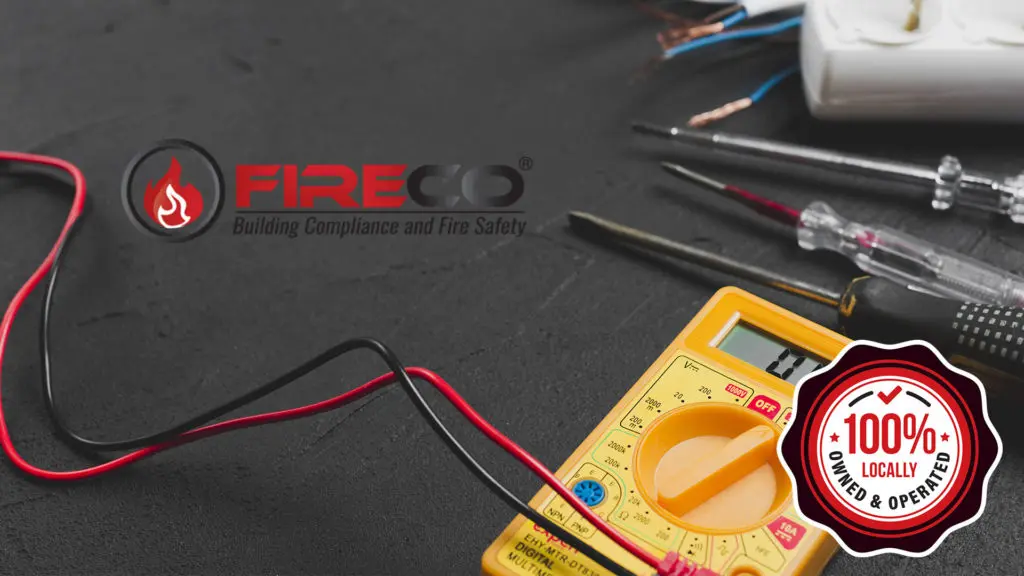
Regular testing and tagging of electrical equipment is a critical practice in New Zealand, which Whangarei businesses should be adhering to particularly during the winter months. This proactive approach to electrical safety ensures the well-being of individuals, prevents accidents, and maintains the efficient functioning of equipment. In a tropical climate like Whangarei, where winter conditions can exacerbate electrical hazards, the importance of consistent inspection and testing cannot be overstated.
Safety First:
Electrical equipment undergoes wear and tear over time, making it susceptible to faults, damage, and potential hazards. In the winter, when increased electricity usage is common due to heating systems, lighting, and other electrical appliances, the risk of malfunctions and accidents rises. Regular tagging and testing provide assurance that equipment is operating safely, reducing the likelihood of electrical fires, shocks, or other emergencies that can pose grave threats to people and property.
Making Sure Northland and Auckland Businesses Are Compliant With Regulations:
New Zealand has stringent regulations in place to ensure electrical safety. The Electricity (Safety) Regulations 2010 require that electrical equipment in workplaces and other environments is inspected and tested regularly to meet safety standards. Failure to comply with these regulations can result in legal consequences and financial penalties. By adhering to these regulations and conducting routine testing, individuals and businesses uphold legal and ethical responsibilities.
Risk Management:
Winter conditions in New Zealand can amplify electrical risks. Cold and damp environments can contribute to the degradation of equipment, making it more prone to faults. Moisture, corrosion, and insulation deterioration are common issues that can lead to electrical failures. Regular tagging and testing help identify these potential risks early, allowing for timely maintenance or replacement to prevent costly breakdowns or accidents.
Preserving Equipment Longevity:
The harsher conditions of winter can accelerate the aging process of electrical equipment. Regular testing not only ensures safety but also aids in identifying equipment nearing the end of its useful life. This proactive approach allows for planned replacement and avoids unexpected downtime during critical periods.
No Down Time:
For some businesses, winter is a period of increased demand and productivity. Any disruption due to electrical equipment failure can result in operational downtime, financial losses, and customer dissatisfaction. Regular tagging and testing mitigate these risks, ensuring that equipment functions reliably throughout the winter months, contributing to seamless business operations.
Peace of Mind:
Winters in New Zealand can be harsh, and often particularily wet in Northland and Auckland. The moist and cold air can condense on the electronics and the last thing anyone wants to worry about is electrical equipment malfunctioning or posing safety risks. Regular tagging and testing provide peace of mind, allowing individuals and businesses to focus on their activities without the constant concern of potential electrical hazards.
Testing and Tagging
Regular tagging and testing of electrical equipment is a legal obligation in New Zealand, business and is particularly important to do during the winter months. Businesses in Northland and Auckland should get in touch with us about getting their electrical equipment tested and tagged.


